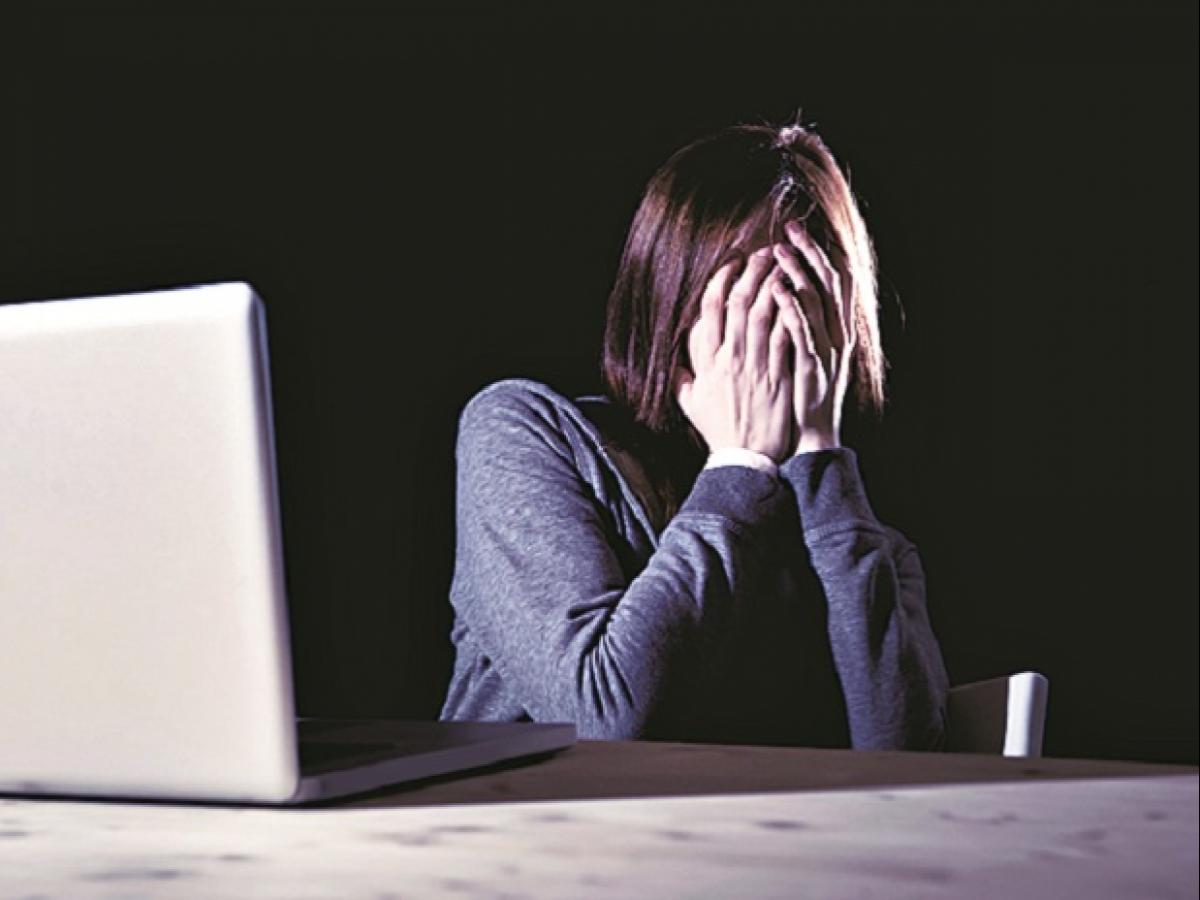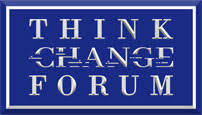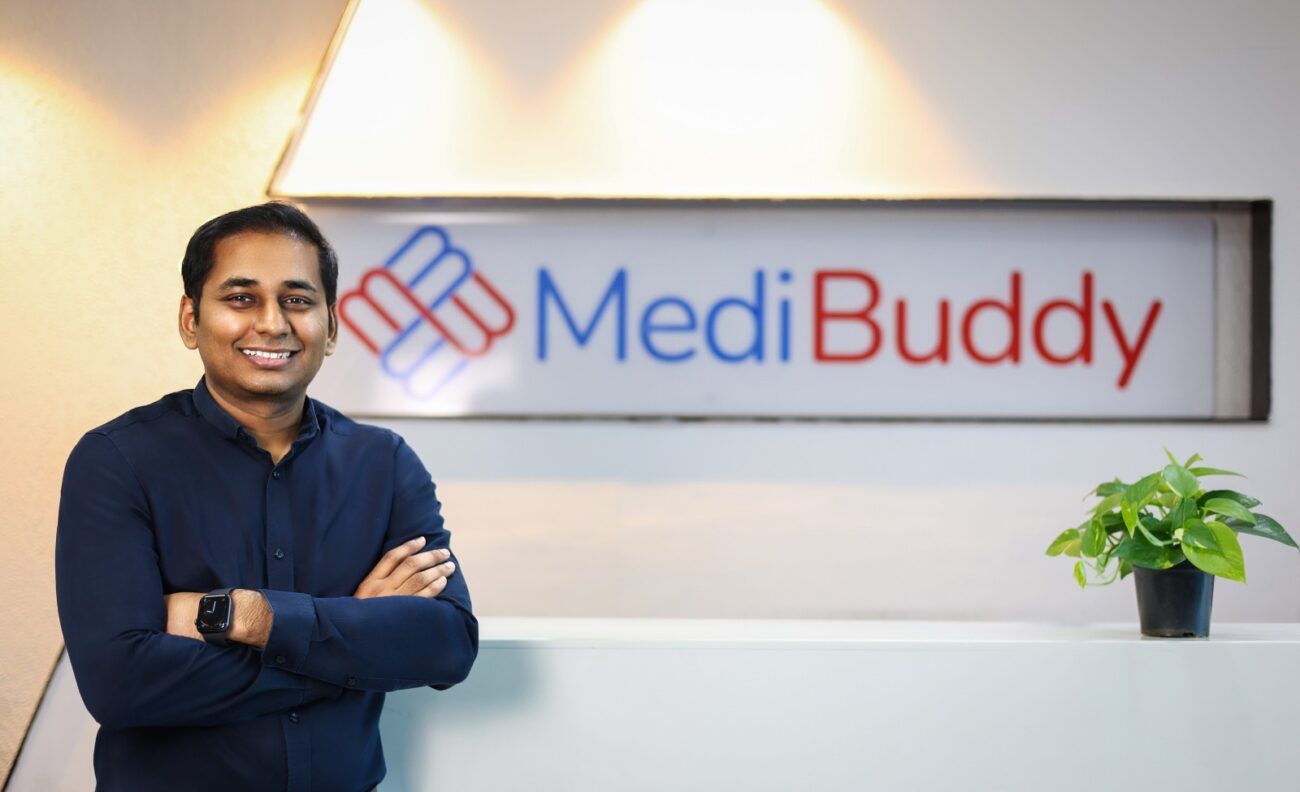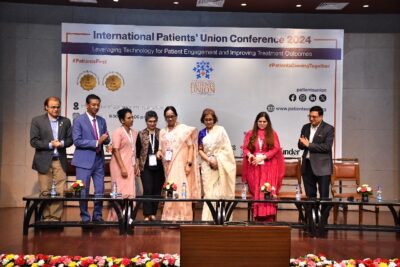Pandemic forced lakhs to seek mental health support in Maharashtra
The Covid-19 pandemic and its effect on mental health led a record number of people—3.5 lakh—to seek counselling and treatment from the public health system in Maharashtra in 2020-21. In Mumbai, another 80,000 people have called up BMC-Mpower helpline for

The Covid-19 pandemic and its effect on mental health led a record number of people—3.5 lakh—to seek counselling and treatment from the public health system in Maharashtra in 2020-21.
In Mumbai, another 80,000 people have called up BMC-Mpower helpline for Covid-related grief since April 2020.
“In 2020, we counselled many migrants who were leaving the state due to Covid and we also held special OPD counselling clinics, resulting in a higher outreach,” said Dr Sadhana Tayade, state deputy director of health services. The growth in state services can be judged from the fact that only 1.3 lakh reached out to the state district mental health network in 2016-17. In 2021 so far, 1.19 lakh have been helped. “These numbers don’t include the patients with chronic diseases under treatment at state government hospitals for long,” said a state official.
Activists said the pandemic has demonstrated the need to upgrade mental health services within the public health system. “Covid has disrupted lives. An online support group for those in grief caused by Covid has seen steady members for the last few months,” said psychiatrist Dr Harish Shetty, who is partnering with NGO Mpower for the initiative.
The group has parents, siblings and colleagues who lost someone to Covid. “People attending the support group meetings want solace and support. While face-to-face counselling is the best, under the circumstances we have been able to help people support each other through grief,” said Dr Sapna Bangur of Mpower.
In Mumbai, where 16,000-plus have died due to Covid, the BMC-Mpower helpline has seen maximum calls from people in the 18 to 40 age group. “Millennials were the most impacted, as most callers (53%) were between 26 and 40 years,” said an official.
On the occasion of World Mental Health Day on Sunday, WHO has asked countries to strengthen services to meet the increased need. “Majority of people living with mental health problems in low-and middle-income countries do not get adequate treatment,” said Dr Poonam Khetrapal Singh, regional director WHO South-East Asia region.






